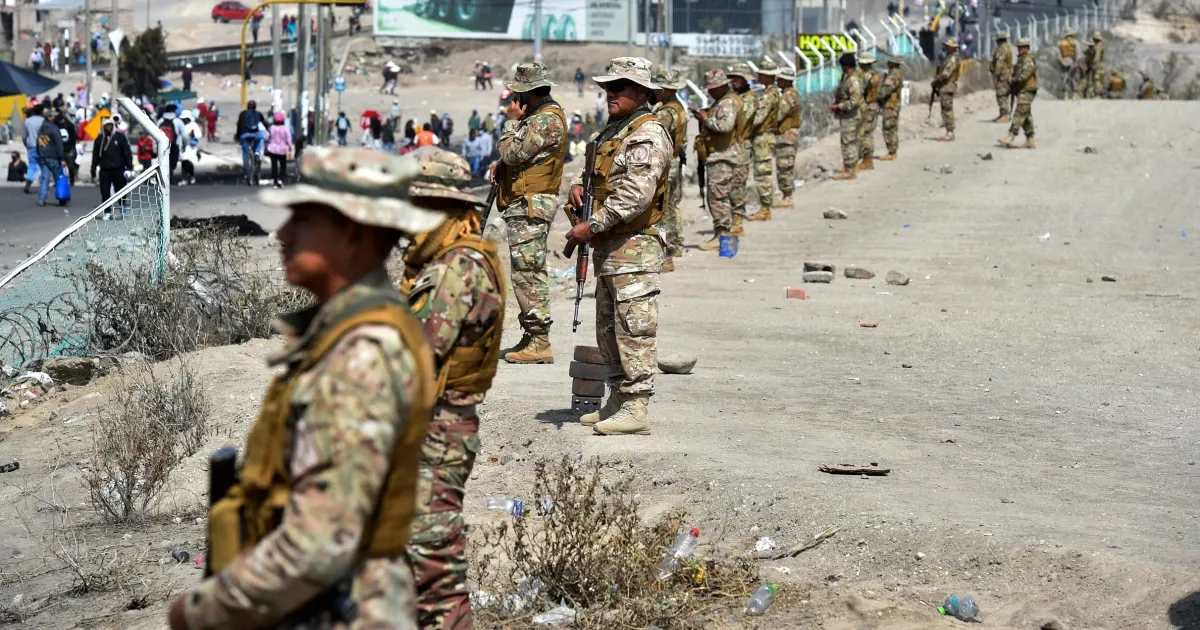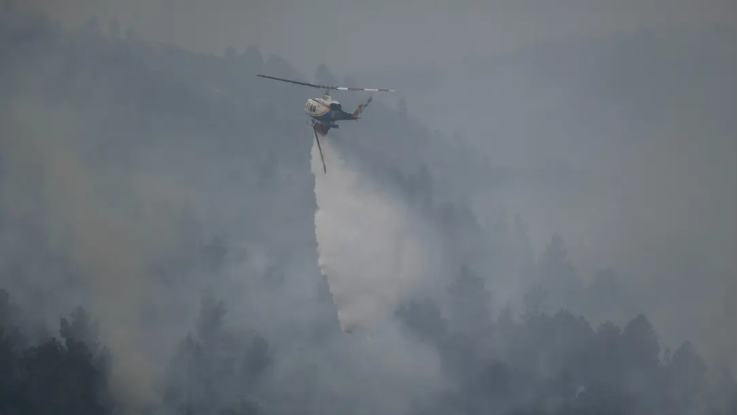Peru Declares National State of Emergency
On Wednesday, Peru declared a nationwide 30-day state of emergency to try and restore order after the latest political upheaval and unrest turned violent. At least seven people have died in clashes and 140 police officers have been injured.

Facts
- On Wednesday, Peru declared a nationwide 30-day state of emergency to try and restore order after the latest political upheaval and unrest turned violent. At least seven people have died in clashes and 140 police officers have been injured.
- The measure, which will be enforced by the national police force with the support of the military, includes the temporary suspension of some civil rights such as the freedom of movement and assembly. The intent is to squelch the fiery protests following the imprisonment of impeached Pres. Pedro Castillo last week.
- Defense minister Alberto Otarola argued that acts of vandalism and violence seen in Peru “require a forceful and authoritative response” from the government, adding that the emergency powers give authorities the ability to enter homes without a warrant.
- Last week, Castillo was ousted and arrested on charges of rebellion, conspiracy to dissolve Peru’s Congress, and rule by decree. Prosecutors are seeking an 18-month preventive detention for the former president, who claims he is being “unjustly and arbitrarily detained.”
- The violent protests have erupted with Castillo’s supporters — who view his removal as illegitimate — demanding his freedom, the immediate scheduling of general elections, and the resignation of his successor Dina Boluarte.
- Boluarte on Wednesday announced that general elections could be scheduled for December 2023 — two days after her promise to bring it forward to April 2024 failed to appease protests.
Sources: Bloomberg, New York Times, Reuters, Al Jazeera, Associated Press, and Guardian.
Narratives
- Pro-establishment narrative, as provided by The Washington Post. Castillo was never a good fit for the office. He was an accidental president with no political experience and governed without any discernible ideology. His reign was characterized by chaos, corruption, and incompetence. His presidency may be over, but Peru is not out of the woods yet — it needs structural and political reforms to stop a toxic desperate man from seizing power again.
- Establishment-critical narrative, as provided by Al Mayadeen. Castillo is a victim of anti-democratic persecution. There is evidence that anti-left forces colluded with the US to dethrone a democratically-elected president in Peru. The 2021 election loser Keiko Fujimori, whose father Alberto Fujimori was backed by the oligarchy when he conducted a self-coup in 1992, has close ties with the US government and its intelligence agencies. It's not Castillo's attempted coup but a nation driven by social, economic, and geographical differences that propelled his illegal ouster.






